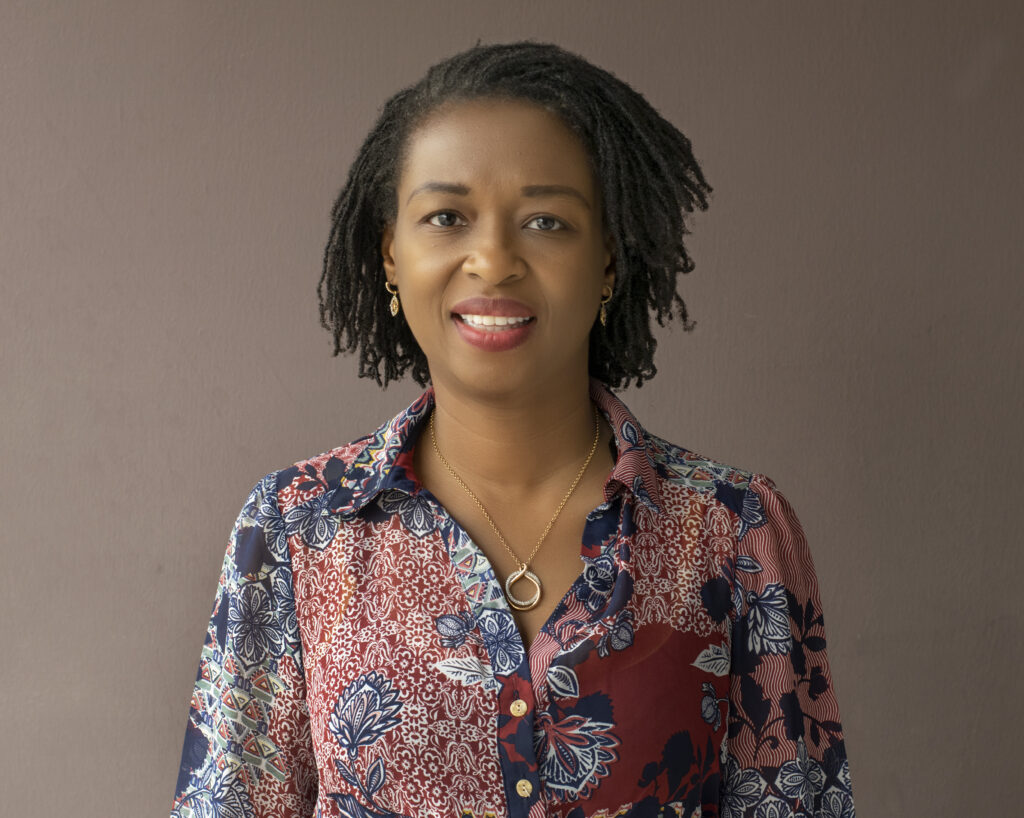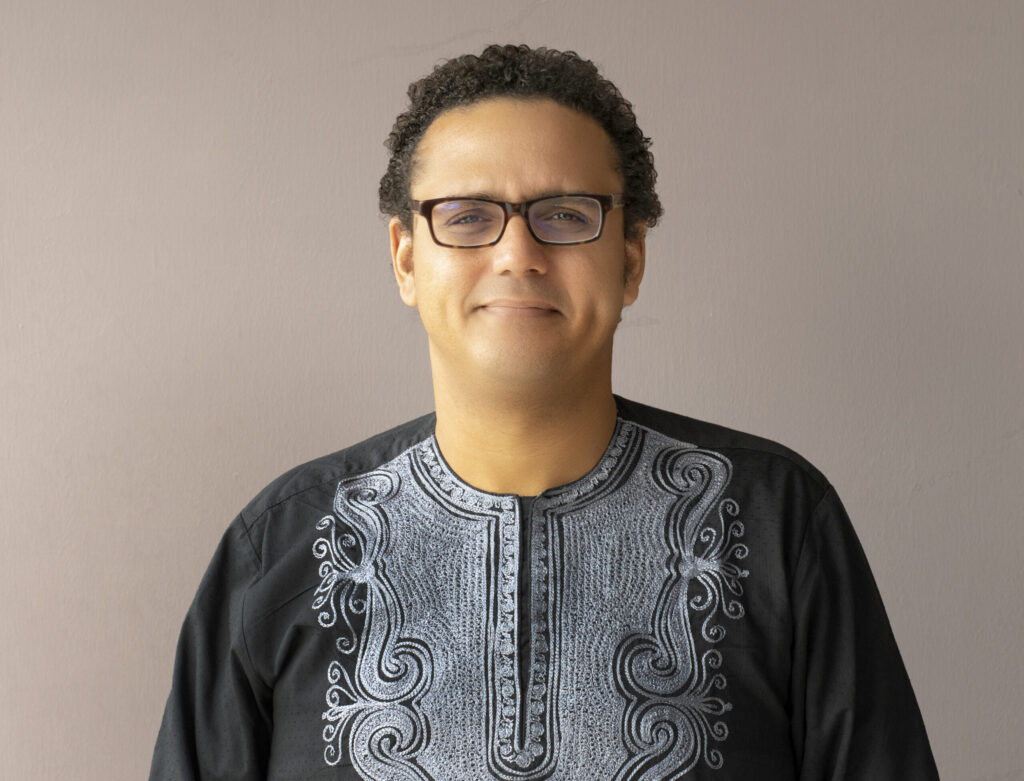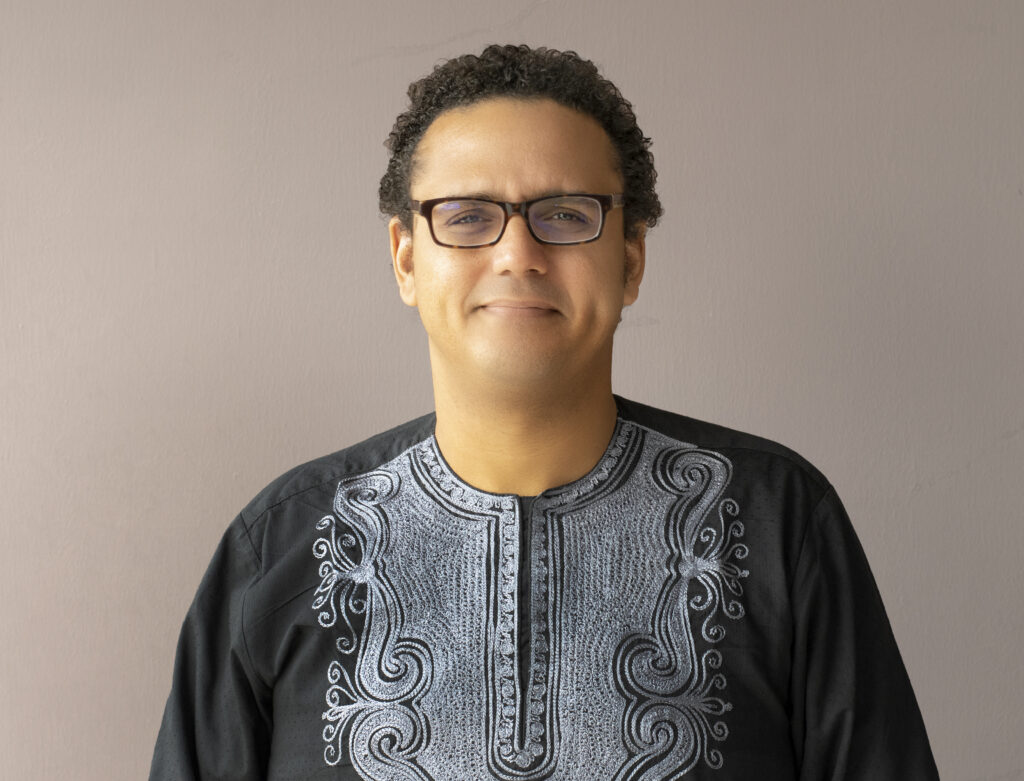
The benefits of proper planning cannot be overemphasised, even in Agribusiness. The future, its tendency of being uncertain due to factors which we may not have control over (especially in agriculture with variables such as changing climate conditions, production risk, financial risks, changes in government policies e.t.c) can to a certain extent be predicted, or a more favourable outcome assured through proper planning.
Agribusiness, like every other business, requires planning regardless of the inevitable circumstances which may likely arise. Through these, one is able to define the goal strategically and measure progress over time.
Planning in Agribusiness the Importance
Here are some of the things that proper planning helps us achieve at Babban Gona.
- Increases efficiency
- Helps in achieving goals
- Planning provides focus and aids coordination
- It aids decision making
- It reduces risks and oversight
- Planning encourages innovation and creativity
- It aids delegation
Planning in agribusiness Increases efficiency
For us at Babban Gona, planning helps to increase the efficiency of our business. We are able to determine per time what to invest in and how much resources we throw into specific projects. For every planting season, our farmers benefit from the end-to-end suite of services we provide from the beginning of the planting season to the very end (down to the bags, threads, and needles needed at harvest). The resultant effect of this is a reduction in waste and that we effectively manage our resources to ensure effectiveness and productivity.
Helps in achieving goals
Through planning, we are able to set specific, practical steps that enable the achievement of objectives and goals. It reminds us of our objectives and brings about clarity. Some of our aspirations as an organisation are to create more jobs and ensure that we contribute our quota in making Nigeria attain food security which would then translate into an improved economy. Our services as an organisation are tailored towards this end and through planning, we take measured steps based on how it affects our big picture.
Planning provides focus and aids coordination
It provides focus for everyone including the personnel, everyone is able to prioritise and maximise resources available to ensure that each task is attended to at the right time. It also ensures coordination and helps everyone at Babban Gona stay in sync with each other.
It aids decision making
Through planning, we are equipped to make the best decision when faced with different options, it reduces the chances of acting based on impulse. For example, knowing what sort of innovations to invest in per time based on the need of our business. This also includes building strategic partnerships and collaborating with the right organisations, so far, planning has been instrumental for us in making decisions as an organisation.
It reduces risks and oversight
It reduces the risks and chances of losing rather than making profits due to an oversight, for example, at Babban Gona we have been able to maintain repayment rates of up to 99% on loans granted through the strong risk mitigations systems which we have put in place. Thereby, ensuring both the income of the farmers and seeing that we are not at a loss as well. Planning basically involves envisaging all possible uncertainties and working to reduce the damage.

Planning encourages innovation and creativity
At Babban Gona we encourage innovation and creativity, we invest in great minds and talents who come up with ideas to make our processes better. These ideas reflect in our adoption of Artificial Intelligence in dealing with our farmers, in financing- making it easier for our farmers to have access to cost-effective credit, in training and development- to improve methods and ensure the effectiveness and productivity of our farmers.
planning in agribusiness aids delegation
Our team leads and managers easily delegate authority knowing that the direction is clear. The advantage of this is not having to be present at all times and being able to focus on other aspects of the business.
However, plans do not have to be rigid, they can always be changed and amended based on the physical realities of the business, businesses operate in an ever-changing environment and for one to remain relevant, your business should be positioned to move along the current trend and reality. Investors and financial institutions also would feel safe knowing that their investments are put to good use, they are accounted for and will yield returns. This can only be achieved and tracked through proper planning and implementation.
In summary, Babban Gona is very big on planning because we understand how much risks are involved in our line of business, it is deliberate and we invest so much in ensuring that we plan and get those plans in place. Whether or not things go according to our plans, we have a framework on which we run and they set the standards that we fall back to, they keep us in control of our business rather than allow other factors control us.





